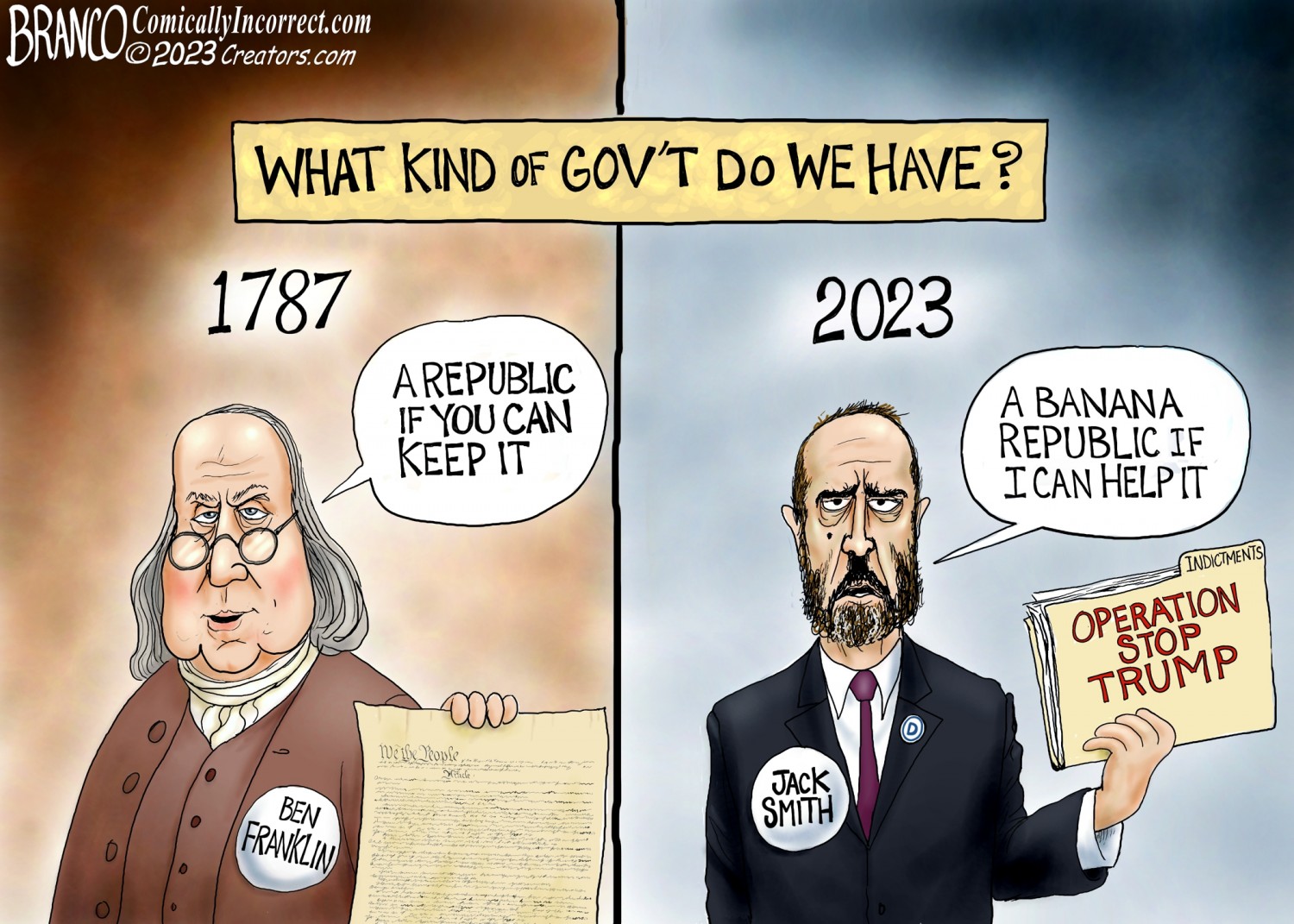|

Cheap Seats 2023 By Rich TrzupekOppenheimer - 08/16 
By Rich Trzupek
Christopher Nolan’s film “Oppenheimer” has sparked a good deal of debate. Some support the proposition that Nolan did a great job of storytelling and accurately relating historical truths. On the other hand, many critics appear to be disturbed by their perception that Nolan did not sufficiently demonize the development and use of atomic weaponry.
It is blatantly dishonest and disingenuous to suggest that Nolan’s portrayal of Oppenheimer somehow failed to include the angst that the scientist struggled with as nuclear weapons were developed and deployed. Nolan bent over backwards, theatrically speaking, to acquaint his audience with Oppenheimer’s struggle as he advanced a technology that might be used to end a disastrous World War but might also end the world. The scientist knew that responsibly harnessing the power of the atom might advance civilization by leaps and bounds. He also knew that irresponsible use would see the end of civilization.
In Nolan’s film we find Oppenheimer wrestling with the possibility that the Allies Powers might have to invade the islands of Japan to end the war with the Empire, or even worse, that Nazi Germany might develop atomic weaponry before the Western Allies are able to do so. That possibility weighed heavy on the scientists mind. Choosing to join the Manhattan Project was not a trivial decision. Nor was it represented as one. Nolan’s portrayal showed Oppenheimer wrestling with the morality of employing atomic weaponry at least as much, and I think more, than the great scientist actually did.
When I was a young fellow and World War II wasn’t that far back in the rear view mirror, most people were comfortable with Truman’s decision to drop the atomic bomb on Hiroshima and Nagasaki. The results were horrific. Of that there can be no doubt. But unleashing one sort of horror to prevent another, far more terrible one, is not callous nor cowardly. It’s courageous.
In the film Nolan accurately recounts the awful facts that have somehow faded from national memory in an incredibly short period of time. There is no doubt that the proposed invasion of Japan, Operation Olympic, would have been a bloodbath. Allied deaths were expected to run into the hundreds of thousands, while the number of Japanese military and civilian corpses would surely have exceeded one million.
Planners were confident in making those dreadful predictions for two reasons: The effects of the Bushido code, which was a foundation of the Imperial Army and Navy, and the size and destructive power of Allied air forces when armed with conventional munitions.
Soldiers and sailors following the Bushido code could not surrender to an enemy without surrendering their honor. The number of Japanese military killed in action during the war compared to the number who surrendered was incredibly high, especially when compared to the war in Europe where surrender, if not desirable, was at least allowable without a loss of honor. Call it fanaticism. Call it tonicity. Call it foolish or brave. Whatever you call it, the fact that the attitude existed and the dreadful effect it had could not be denied. It was the fact that made war in the Pacific so extremely bloody once Japan went on the defensive.
The death tolls following Hiroshima and Nagasaki were not the highest of all bombing operations conducted during World War II. That dubious honor falls to the fire raids on Tokyo when that highly combustible and crowded metropolis was turned into an inferno by the United States Army Air Corps. Over 100,000 Japanese lost their lives in that conflagration. In the European theater a similar fire raid conducted by the Royal Air Force targeting Dresden yielded similarly horrific results. Some believe more lost their lives in Dresden than in either atomic bombing in Japan, others are not so sure. It doesn’t matter. The point is that Allied air forces had expanded so much in number and had become so technically proficient that they were more than capable of raining down hell on the Axis powers without the use of fission bombs.
Eventually revisionists attempted to marginalize these very real concerns, suggesting that there were alternate routes available to Truman that would have cajoled a surrender out of the Emperor. The Russians were coming in. That would have changed everything, right? No, actually it wouldn’t, except for lengthening the casualty lists even more when the Russians opened another front in Manchuria. What about dropping a demonstration bomb, out in Tokyo harbor say? The proposition being that a people who watched their largest city burn to the ground and still fought on as tenaciously as ever would be moved to surrender by a bright flash and echoing boom.
None of the revisionist arguments, then or now, make sense once you scrape the surface. Oppenheimer’s decision to lead the Manhattan Project and Truman’s decision to utilize the fruits it yielded were the correct ones. Choosing to drop Little Boy and Fat Man was a horrible decision to make. It is only justified by the fact that choosing not to, would have been far more horrible. This is the great point that Nolan’s epic work makes, clearly and respectfully. He does honor to everyone involved on both sides while doing something Hollywood generally does very, very poorly these days: Getting history right.
Email: richtrzupek@gmail.com
|